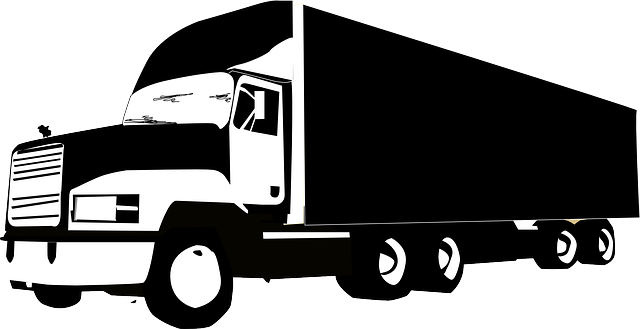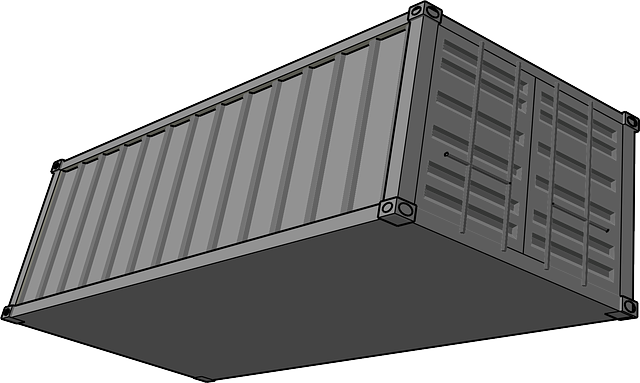Rental truck operations face unique risks due to temporary usage and varying driver profiles. Specific insurance considerations are crucial, encompassing liability for accidents, damages, and theft. A robust rental truck insurance policy should offer comprehensive coverage, including liability protection, physical damage coverage, and business income loss coverage. Tailored solutions address the unique needs of short-term use and high-value assets, focusing on liability to protect against medical expenses and legal fees. Regularly review and update policies based on fleet size changes and usage patterns to ensure uninterrupted operations and safeguard against unexpected claims.
In the dynamic world of trucking, ensuring robust protection for rental fleets is paramount. Rental truck operations face distinct risks, from mechanical failures to driver errors and third-party liabilities. This article explores competitive insurance solutions tailored for these challenges. We delve into the key components of a comprehensive rental truck policy, strategies for navigating temporary coverage needs, and methods to mitigate liability. Discover how to maximize protection for your fleet in today’s competitive landscape, focusing on rental truck insurance, coverage, and risk management.
- Understanding the Unique Risks of Rental Truck Operations
- Key Components of a Comprehensive Rental Truck Insurance Policy
- Navigating Temporary and Specific Coverage Needs for Truck Rentals
- Strategies to Mitigate Liability and Maximize Protection for Your Fleet
Understanding the Unique Risks of Rental Truck Operations

Rental truck operations present a unique set of risks that go beyond those faced by traditional fleet operators. When a business rents out trucks, it opens itself up to potential liabilities associated with temporary usage and varying driver profiles. Each rental agreement involves a separate contract, requiring specific insurance considerations. Unlike owned vehicles, these rented assets are often driven by diverse individuals, from professional drivers to occasional users, increasing the risk of accidents, damages, or theft.
Moreover, rental truck businesses must navigate complex legal landscapes, as they are ultimately responsible for the actions of their clients. This includes addressing liability concerns related to property damage, personal injury, and even workplace accidents involving rented vehicles. Understanding these risks is crucial when selecting an insurance policy, ensuring that it aligns with the specific needs of temporary truck rentals. The right coverage can protect rental businesses from significant financial losses, offering peace of mind in this dynamic and potentially high-risk sector.
Key Components of a Comprehensive Rental Truck Insurance Policy

When crafting a competitive insurance solution for rental truck fleets, several key components ensure comprehensive protection. A robust rental truck insurance policy should encompass wide-ranging truck rental coverage, including liability protection against third-party damages and losses. This is critical given the potential risks associated with rented vehicles, from accidents to theft. Additionally, temporary rental truck policy holders should consider excess liability coverage, which helps bridge the gap between the insured’s limits and the victim’s damages in case of an accident.
Beyond liability, a robust rental truck policy must include physical damage protection for the trucks themselves, covering wear and tear as well as catastrophic events like accidents or natural disasters. Coverage for personal belongings of customers stored within the rented vehicles is another essential aspect, offering peace of mind against theft or damage. Lastly, rented vehicle insurance policies should consider specific needs of rental businesses, such as business income loss coverage in case of fleet downtime due to insured events.
Navigating Temporary and Specific Coverage Needs for Truck Rentals

Navigating Temporary and Specific Coverage Needs for Truck Rentals
When it comes to insuring rental truck fleets, understanding temporary and specific coverage requirements is paramount. Rental truck insurance policies must cater to the unique risks associated with short-term and high-value asset usage. Business owners renting out trucks need liability coverage to protect against potential damages or accidents involving their vehicles. This includes compensating for medical expenses, property damage, and legal fees.
Additionally, temporary truck insurance options are crucial for businesses that only occasionally require a fleet of trucks. These policies offer flexibility by providing tailored solutions for specific rental periods, ensuring adequate protection without unnecessary overhead. Whether it’s for construction sites, moving services, or special events, renting business truck insurance should be a priority to safeguard both the company and its clients from financial burdens arising from unforeseen circumstances.
Strategies to Mitigate Liability and Maximize Protection for Your Fleet

To mitigate liability and maximize protection for your rental truck fleet, consider a comprehensive insurance strategy that goes beyond basic coverage. Firstly, ensure you have adequate rental truck insurance that includes temporary truck insurance for each vehicle in your fleet. This protects against physical damage and liability claims during the rental period. Implement strict driver screening and safety protocols to minimize risks associated with rented vehicles.
Additionally, opt for a rental truck policy that offers broad rental vehicle insurance coverage, including liability for third-party damages and injuries. Consider adding specific endorsements for high-risk activities or environments where your trucks operate. Regularly review and update your rented vehicle insurance to align with changes in your fleet size and usage patterns. This proactive approach will safeguard your business from unexpected claims and ensure uninterrupted operations.
When it comes to protecting your rental truck fleet, a tailored insurance strategy is key. By understanding the specific risks involved in the operation and leveraging comprehensive policies that address temporary and specific coverage needs, businesses can mitigate liability and ensure optimal protection. Navigating the right insurance solutions enables folks running rental truck operations to focus on providing exceptional service while staying secure in the face of various risks associated with rented vehicles.
